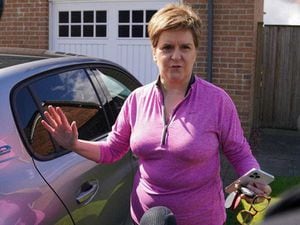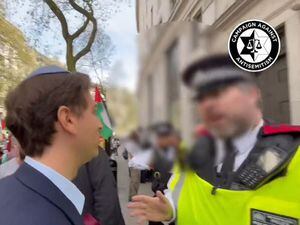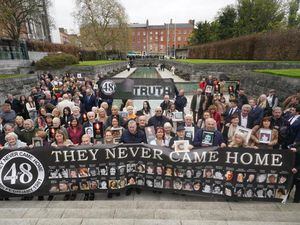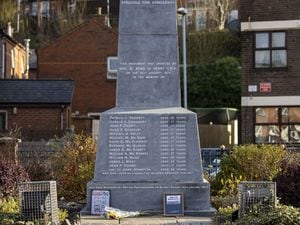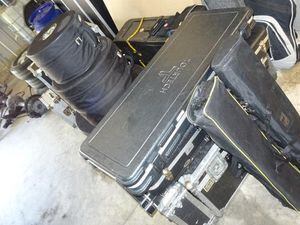What has happened with Brexit and what happens next?
Prime Minister Boris Johnson has urged MPs to come together to back his Brexit deal.
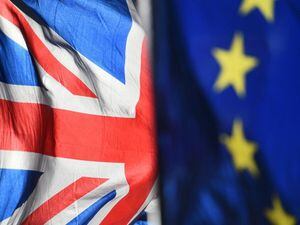
More than three years has passed since the 2016 referendum, and after days of intense negotiations, a Brexit deal has been reached – but the battle is far from over.
– What happened with Brexit on Thursday?
Prime Minister Boris Johnson announced he had struck a “great new deal” ahead of a key summit of EU leaders in Brussels.
He said the deal means that “the UK can come out of the EU as one United Kingdom – England, Scotland, Wales, Northern Ireland, together”, while European Commission president Jean-Claude Juncker said the deal is a “fair and balanced agreement for the EU and the UK and it is testament to our commitment to find solutions”.
Mr Johnson said he is “very confident” that when MPs study the deal they will want to vote for it.
However, key Tory ally the Democratic Unionist Party (DUP) said it will be unable to support the deal, citing a series of objections over the integrity of the union and Northern Ireland’s economy.
– What is Boris Johnson’s new deal?
Northern Ireland will remain aligned with single market regulations on goods.
The UK will leave the EU customs union – an agreement by which members abolish import tariffs and quotas on goods traded among them and observe common external duties on goods coming in – as will Northern Ireland.
The region will remain an entry point into the EU’s customs zone.
UK authorities will apply UK tariffs to products entering Northern Ireland as long as they are not destined for onward transportation across the border.
EU rules on value-added tax and excise duties will apply in Northern Ireland, with the UK responsible for their collection. However, revenues derived will be retained by the UK.
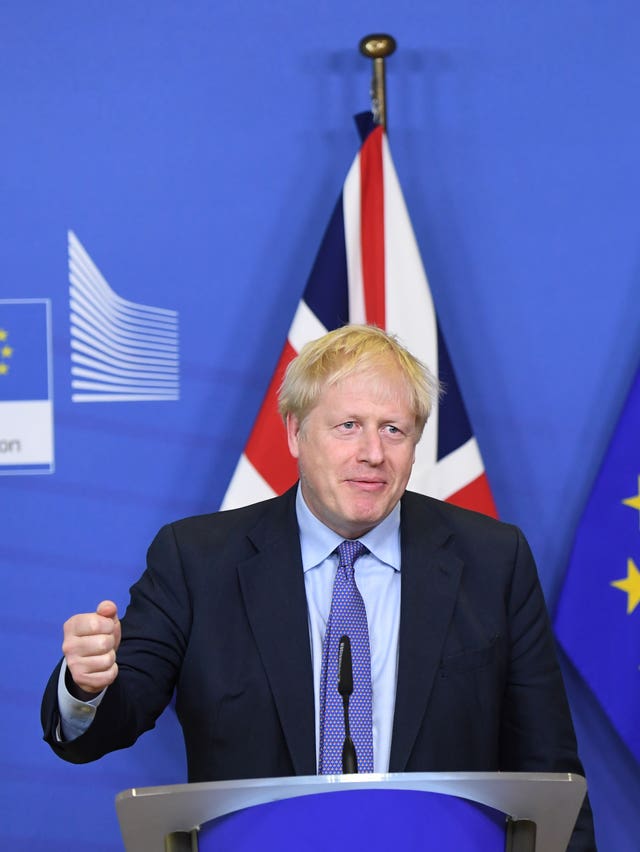
The Prime Minister put forward his formal Brexit plan to the EU on October 10 which sparked 10 days of intense negotiations.
This came to a head on October 17 when Mr Johnson announced the UK had reached a “great deal”.
– What happens now?
The deal needs to be passed by Parliament with the Commons set for an extraordinary sitting on Saturday to go over the agreement.
If Parliament does not support it, Mr Johnson is compelled under the Benn Act to request a further Brexit delay to the end of January.
With his key and influential allies in the DUP firm in their rejection of the deal, Mr Johnson will have to embark on a charm offensive on Friday in a bid to get his deal backed.
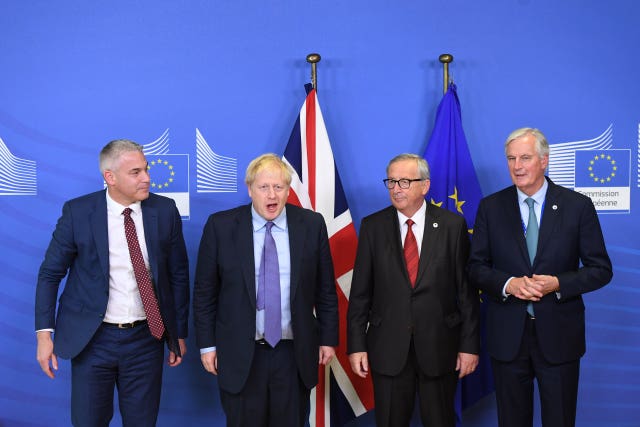
The Government needs at least 318 votes for a majority.
If every Conservative MP who is able to vote backs the deal, it gives the Government 285 votes.
Mr Johnson has refused to say whether he would restore the whip to the 21 Tories he exiled for previously voting against his will.
– Who said what about the PM’s new deal?
The PM described it as a “fair” and “reasonable” agreement.
“I hope very much now, speaking of elected representatives, that my fellow MPs in Westminster do now come together to get Brexit done, to get this excellent deal over the line and deliver Brexit without any more delay,” Mr Johnson said at a Brussels press conference.
But Labour leader Jeremy Corbyn was quick to dismiss the agreement.
“As it stands we cannot support this deal,” the Labour leader told reporters in Brussels, adding that it did not seem to have the backing of “many of his allies on his own backbenches”.
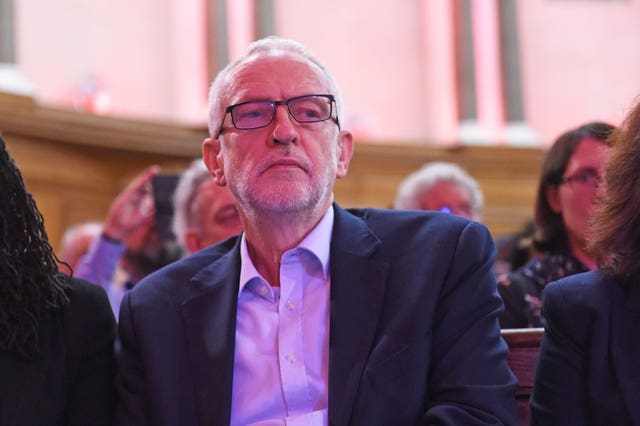
European Council president Donald Tusk told reporters that a “deal is always better than no deal” but said he wasn’t happy because of the “substance of this political fight”.
Scotland’s First Minister Nicola Sturgeon ruled out her MPs in the SNP backing the deal, insisting it will mean Scotland alone is “treated unfairly” when the UK leaves the European Union.
And the DUP’s deputy leader Nigel Dodds said: “At the last minute, the Irish Government, Europe and London are agreeing to drive a coach and horses through the very Belfast Agreement they profess to support.”

